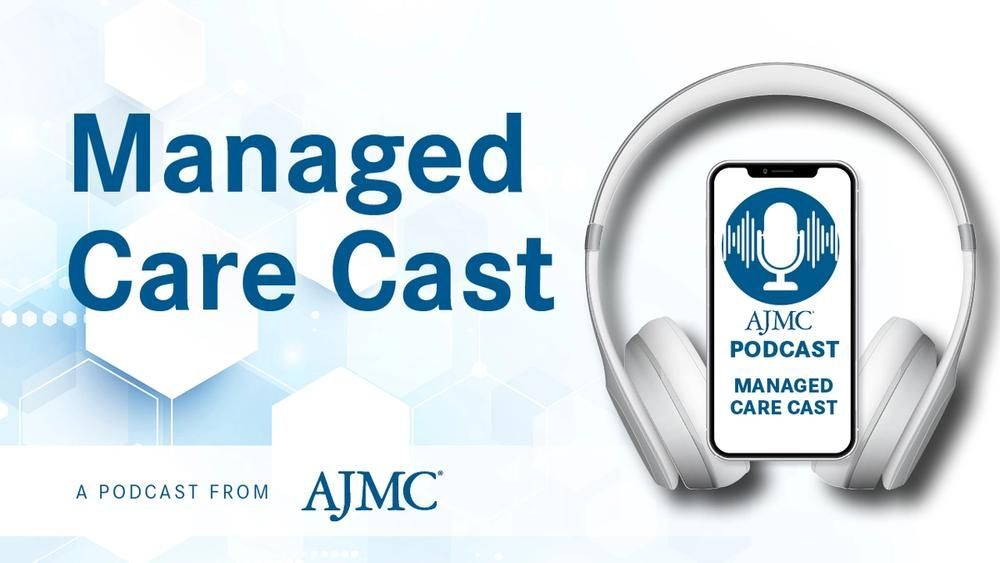News
Article
Nofazinlimab Not Associated With Response in mCRC When Combined With Regorafenib
Author(s):
Although nofazinlimab was well tolerated and showed antitumor activity in many tumor types, no response was found when combined with regorafenib to treat metastatic colorectal cancer (mCRC).
Nofazinlimab combined with regorafenib was not found to have an association with response when used in metastatic colorectal cancer (mCRC), according to a phase 1 study published in the British Journal of Cancer. Nofazinlimab monotherapy alone was found to be well tolerated and proved to have antitumor activity in multiple tumor types.
Nofazinlimab is a monoclonal antibody (mAb) that has been found to have favorable toxicology, pharmacology, and safety profiles. Regorafenib has shown modest activity and survival gains in mCRC after progression with standard therapies. This study aimed to report on the first human phase 1 trial of nofazinlimab both as monotherapy in patients with solid tumors as well as in treatment of mCRC when combined with regorafenib.
The open-label, dose-escalation and dose-expansion study was conducted at 8 sites in Australia from May 4, 2018, to May 31, 2021. Dose escalation and dose expansion was planned for both the monotherapy treatment (parts 1a and 1b) and when in combination with regorafenib (parts 2a and 2b).
Gastroenterologist doctor, intestine specialist. Aesthetic handdrawn highlighted illustration of human intestine. Dark grey background, studio photo and collage | Image credit: mi_viri - stock.adobe.com

Patients received 200 mg of nofazinlimab in part 1b and received either 200 mg or 400 mg in arms 3 or 4, respectively. Nofazinlimab was administered in a 300 mg dose in part 2a combined with a dose of regorafenib of 80 mg and 120 mg once per day. Patients in part 1 included those with histologically or cytologically confirmed advanced or metastatic, relapsed, or refractory solid tumors who had not tolerated standard therapy. Patients in part 2 had mCRC and had progressed or experienced intolerable toxicities after 2 or more lines of standard therapies.
There were 122 patients who received treatment, with all being included in the safety and efficacy analysis. Median (range) follow-up was 28.6 (0.9-29.0) months for part 1a, 17.9 (0.9-24.8) months in part 1b, and 6.7 (1.8-13.6) months in part 2a. The median (range) treatment durations for nofazinlimab were 15.0 (3.0-126.3) weeks in part 1a, 18.0 (3.0-108.0) weeks in part 1b, and 8.2 (4.0-56.1) weeks in part 2a. There were 21 patients who received nofazinlimab in part 1a and 87 patients in part 1b. The median (range) ages were 63.0 (21-83) years and 65.0 (26-85) years, respectively, with a majority being male (61.9% and 62.1%) and White (90.5% and 92.0%). There were 14 patients with mCRC treated with nofazinlimab in part 2a. Patients had a median (range) age of 49.0 (37-70) years and half were male.
All-grade adverse events (AEs) and grade 3 and higher AEs were reported in 85.7% and 61.9% of participants in part 1a, respectively; 71.4% of patients had treatment-related AEs (TRAEs) that were mostly grade 1 or 2. These TRAEs included fatigue, rash, pruritus, diarrhea, and nausea. TRAEs of grade 3 or higher were only reported in 3 patients. A total of 97.7% of patients in part 1b reported at least 1 treatment-emergent AE of any grade and 44.8% reported AEs of grade 3 or higher; 56.3% reported TRAEs of grades 3 or 4.
The objective response rate (ORR) for part 1a was 14.3% (95% CI, 3.0%-36.3%) with a disease control rate of 47.6%. Part 1b showed ORRs of 20.0% (95% CI, 5.7%-43.7%), 14.3% (95% CI, 0.4%-57.9%), 24.1% (95% CI, 10.3%-43.5%), and 32.3% (95% CI, 16.7%-51.4%) in arms 1 to 4, representing various tumor types.
However, there was no objective responses observed in part 2a in patients with mCRC, with only 4 patients overall achieving stable disease, the best overall response. There were 6 patients who died due to disease progression, and overall median progression-free survival was 1.8 months (95% CI, 1.7-3.4).
The researchers concluded that nofazinlimab was well tolerated and antitumor activity was observed at a dose of 3 mg/kg and above. However, nofazinlimab 300 mg in combination with regorafenib had no objective response in a cohort of patients who had been pretreated for mCRC.
Reference
Day D, Park JJ, Coward J, et al. A first-in-human phase 1 study of nofazinlimab, an anti-PD-1 antibody, in advanced solid tumors and in combination with regorafenib in metastatic colorectal cancer. Br J Cancer. Published online September 20, 2023. doi:10.1038/s41416-023-02431-7
Newsletter
Stay ahead of policy, cost, and value—subscribe to AJMC for expert insights at the intersection of clinical care and health economics.




